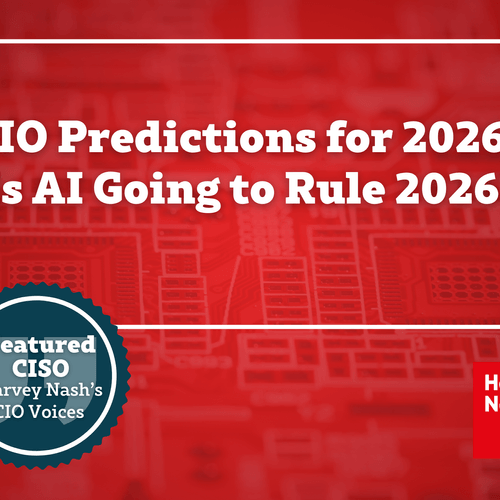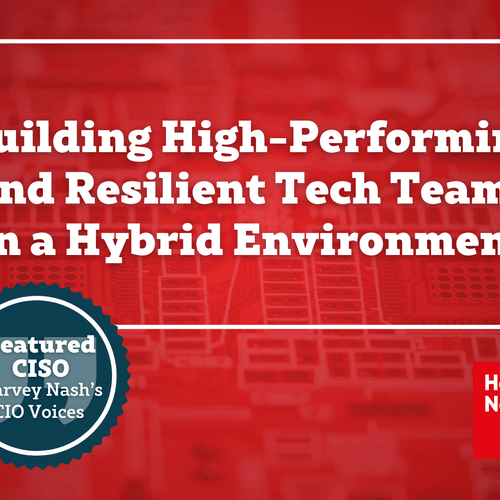Harvey Nash is a prominent IT staffing and recruiting agency known for offering comprehensive recruitment services. Our IT, tech talent solutions have successfully addressed various difficulties in recruiting technology experts. Our expertise spans Transformation, Infrastructure, Cybersecurity, Product Development, Software Engineering, and AI, enabling us to place highly sought-after talent with precision and efficiency.
We help companies fill roles faster through streamlined hiring strategies. This is supported by AI-driven tools and data analytics that refine decision-making and reduce time-to-fill. With remote and hybrid work influencing today’s workforce, we also support flexible staffing options to help employers attract and retain the right tech talent.













